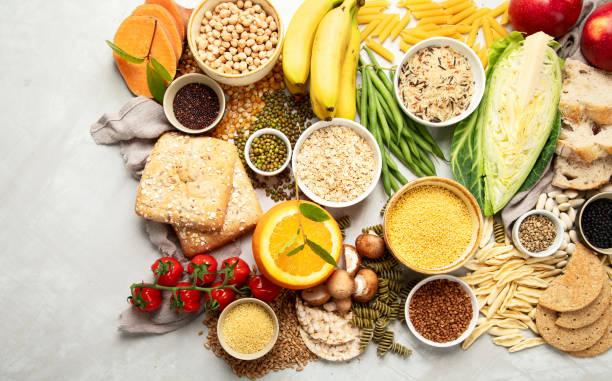A tummy tuck surgery is a great way to create a smoother, flatter abdomen, allowing you to regain confidence. The purpose of a tummy tuck is to remove unwanted loose skin caused by pregnancy or significant weight loss.
If you are considering this procedure, you should be aware that your body goes through traumatic stress. Of course, most of the stress is caused by the surgical incision itself.
However, the surgery alone will not create a firmer and smoother abdominal profile. You should follow a healthy diet to improve your recovery and heal scarring. In addition, it will also help you avoid any complications such as bleeding, infection, or severe pain after surgery.
On the flip side, poor eating habits can exacerbate inflammation and hamper collagen production. This will slow down the recovery period. If you are considering a tummy tuck surgery, we highly recommend that you stick to this pre and post-tummy tuck diet.
How To Prepare For Tummy Tuck Surgery


Even though you might be excited to undergo this procedure and get rid of your belly bulge, it’s essential to meticulously plan follow-up care for the best results. Knowing the steps to take before your surgery will ensure a smoother recovery process.
Ideally, you will take a full six months to prepare for your tummy tuck surgery. During this period, you have to research a qualified surgeon, achieve or maintain your ideal weight and get a plan for aftercare in place. The better prepared you are for the big day of surgery, the better your results will be.
What to Eat Before Tummy Tuck Surgery
Before surgery, maintaining a healthy diet, drinking more water, and staying active are key to getting good results. Your diet should contain the daily recommended amount of fruits and vegetables, whole grains, and low-fat products. All of these foods reduce inflammation and help your body produce new cells. Patients may also eat grains and nuts to help with the healing process. Olive oil is another anti-inflammatory ingredient that you can use to cook vegetables. Your skilled tummy tuck surgeon can also give you dietary advice based on your physical condition.
While some foods heal your body, there are other foods to avoid before abdominoplasty. Processed foods, especially carbohydrates like bread and rice lead to increased inflammation and cause health issues. You should also stay away from foods and beverages that have an excessive amount of sugar as these can cause bloating and gas.
For those who smoke, start the process of quitting. Smoking heightens the chances of complications and decreases blood flow. It also makes your body work harder to heal itself. Alcohol can also affect your health and immune response.
Patients who attempt to lose 10 to 15 pounds before surgery can pose a risk of complications. Crash diets or other dietary trends, such as keto, should be avoided.
Your Post-Surgery Diet
There are no restrictions immediately after abdominoplasty. However, you may want to intake food that is easy to digest for one week. Start with water, juices, and soups. After a few days, move on to a light meal. This can include raw fruits and vegetables, whole-grain cereals, and pudding. If your stomach struggles to tolerate these suggestions, exceed your protein intake during the initial days and weeks. Protein promotes cell regeneration and supports your recovery. High-protein foods include eggs, yogurt, and cheese. You need to make sure that all the food you eat is easy to digest and comfortable for your stomach. If not, try protein shakes, as they are a great way to get extra grams of protein.
Here are some other tips to help with recovery after a tummy tuck surgery –
Keep Hydrated
Dehydration can put you at risk of complications and can make recovery uncomfortable. Take at least 64 ounces of water throughout the day. If plain water tastes boring to you, you can add flavor with fresh fruits or a splash of fruit juice.
Avoid Salty Foods
High-sodium foods can cause unnecessary bloating and inflammation, which will swell your surgery area.
Avoid Sugary Foods
High sugar intake may be toxic to your body. These sugary foods can bring back the lost fat on your stomach.
Though excess skin and fat get removed during the tummy tuck, the remaining fat cells can build up and deflate again depending on what you put into your body. To prevent such an eventuality and continue looking great, it is essential to consume a balanced diet.
Conclusion
For any treatment, it is essential to remember that the surgery is only half of the equation. Having a nutritious and healthy regimen is equally important in sustaining the results of your procedure. Your overall recovery and outcome are particularly dependent on the diet you follow before and after a tummy tuck surgery.

